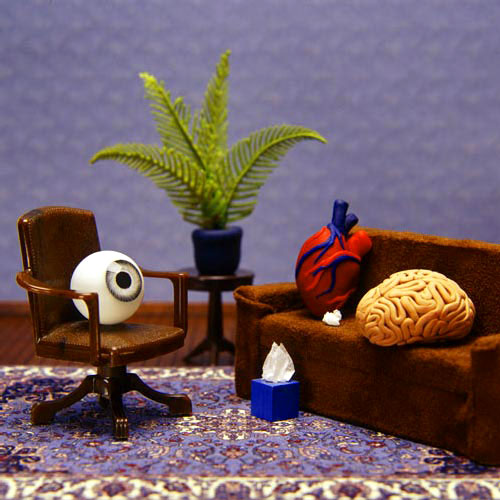On This Page...
What is an Assessment for Couple Counselling?
So, how do we get you and your partner started in couple counselling?
Before couples counselling commences, ethical and professional counsellors perform an assessment with the couple (see also: Counselling for Couples).
Initially, the couple meet with Dean Richardson to go through a process called “an assessment”. This is where the couple and Dean work together to decide if counselling might be an appropriate choice for the couple, and if it is then the couple and Dean must discover what will the counselling work focus upon.
The couple is assessing the counsellor and how well they can work with their partner, as well as the counsellor seeing if the couple are able to make use of his approach to couple counselling.
It is not unusual for the couple to experience the assessment process sufficiently to decide that they would like to continue their relationship work alone; the assessment having helped the couple identify the focus that their relationship needs to attend to.
A Counselling Assessment Process for Couples.
An assessment for couple counselling often takes four sessions (and can be experienced by the couple as therapeutically beneficial – although it is not counselling per se):-
- Session 1: all three of us meet to discuss an overview of what is needed from counselling.
- Session 2: one partner meets with Dean separately. This is to discuss their perspective on the couple relationship, and to discuss some personal history.
- Session 3: the other partner meets with Dean separately as in session 2.
- Session 4: all three of us meet again to discuss what we have learned in the previous sessions, and to begin to set a focus about what the couple counselling should address.
I won’t give you any tests to pass, or forms to fill out; our assessment is purely conversational.
Couples counselling cannot successfully assist a couple who have different agendas (i.e. both partners not being able to agree on what they want from counselling).
If necessary, the assessment process (Session 4) can be repeated for a time to see if the couple can be helped in negotiating and compromising upon what should be the focus of therapy; sometimes referring to a mediation service can be an appropriate first step before counselling begins.
By the end of the counselling assessment.
With an agreed focus for therapy, subsequent sessions are lead primarily by the couple themselves. The therapist offers support, listens to the couple’s discussions with occasionally offering observations and therapeutic hypotheses on the relationship intended to help both partners learn what might be going on in their relationship. With new information the couple can learn what is different, and difference is a relationship or a change in the relationship (Selvini et all, 1980) inviting the couple into making more informed choices, change patterns of behaviour and be less held “at ransom” by unhappy behaviour.
A main intention of couples counselling is to help disturb the relationship’s unhappy behaviour patterns by being curious and interested on the relationship system (learning about automatic behaviours occurring within the relationship), learning & finding new information and allowing inspiration to address what is being learned … plus being creative with solutions to alter behaviours … solutions that the couple will gradually come up with themselves.
The process encourages space for thought and inspiration – allowing the couple’s relationship to become unstuck again and leaving the couple no longer in need of further therapeutic intervention.
What to do next.
If you and your partner believe that you would like to meet with Dean to discuss your needs for counselling, make contact to arrange an initial appointment.

